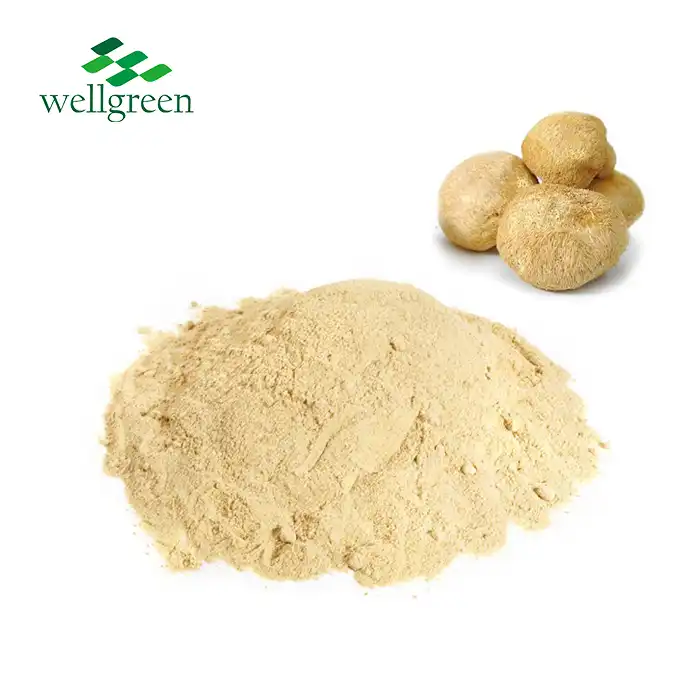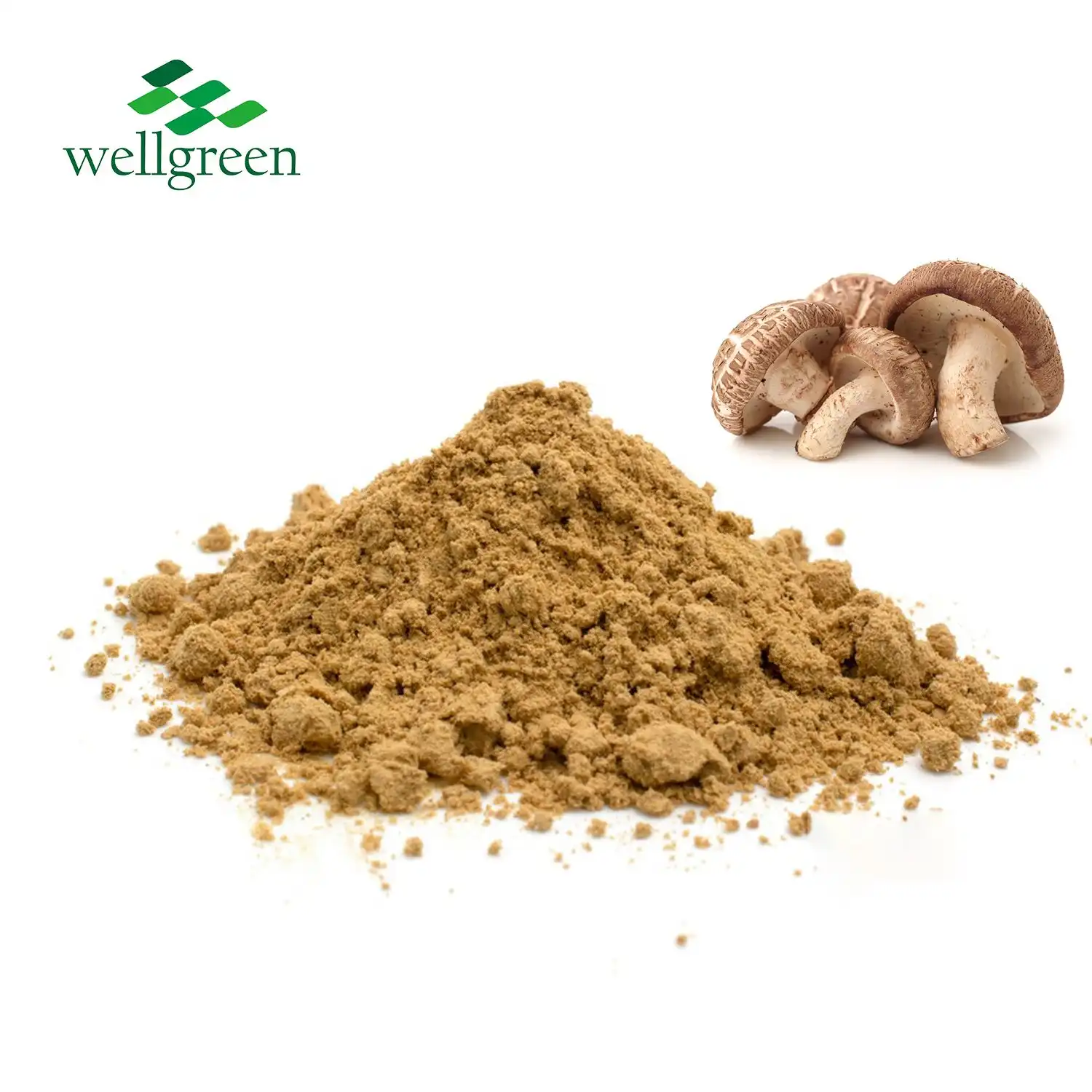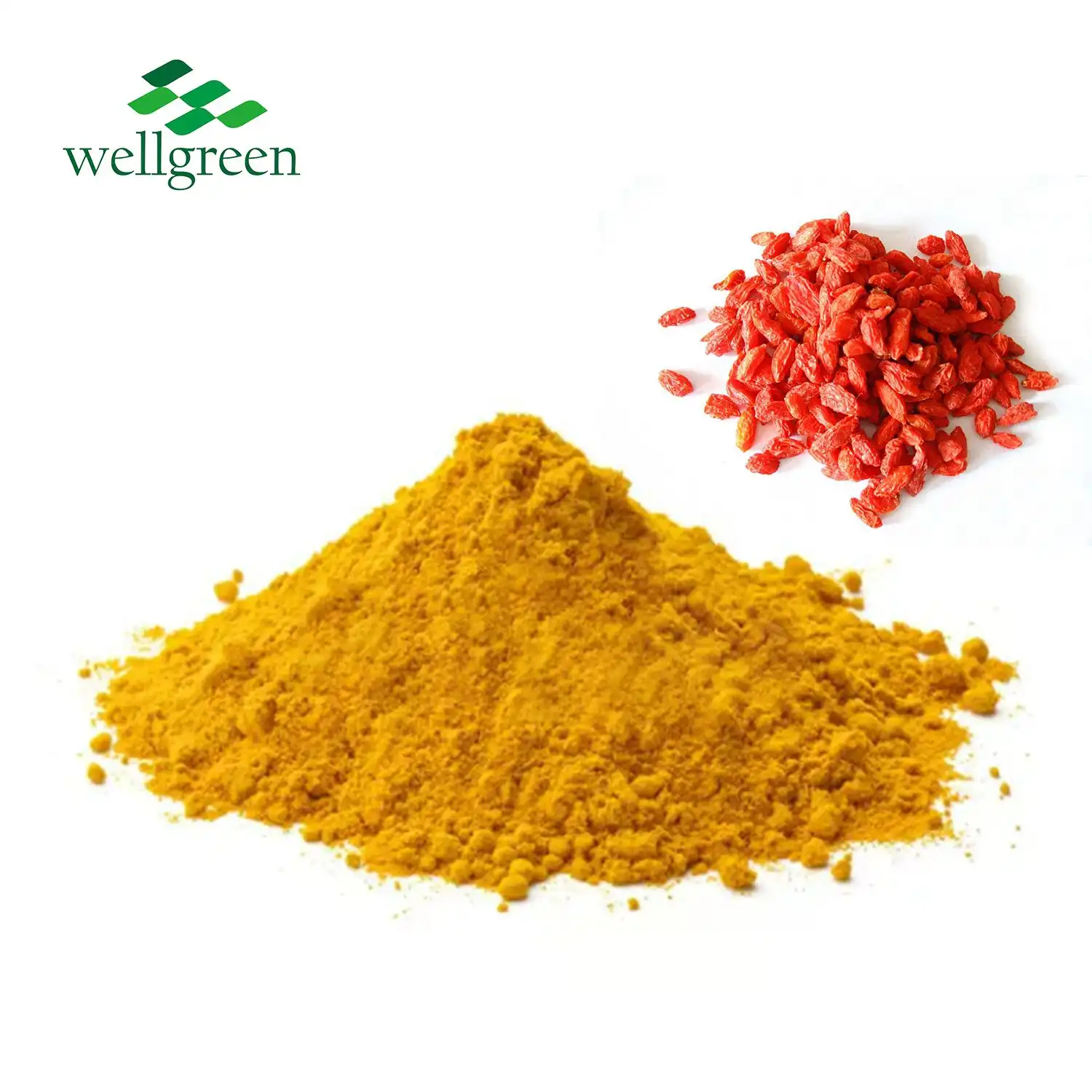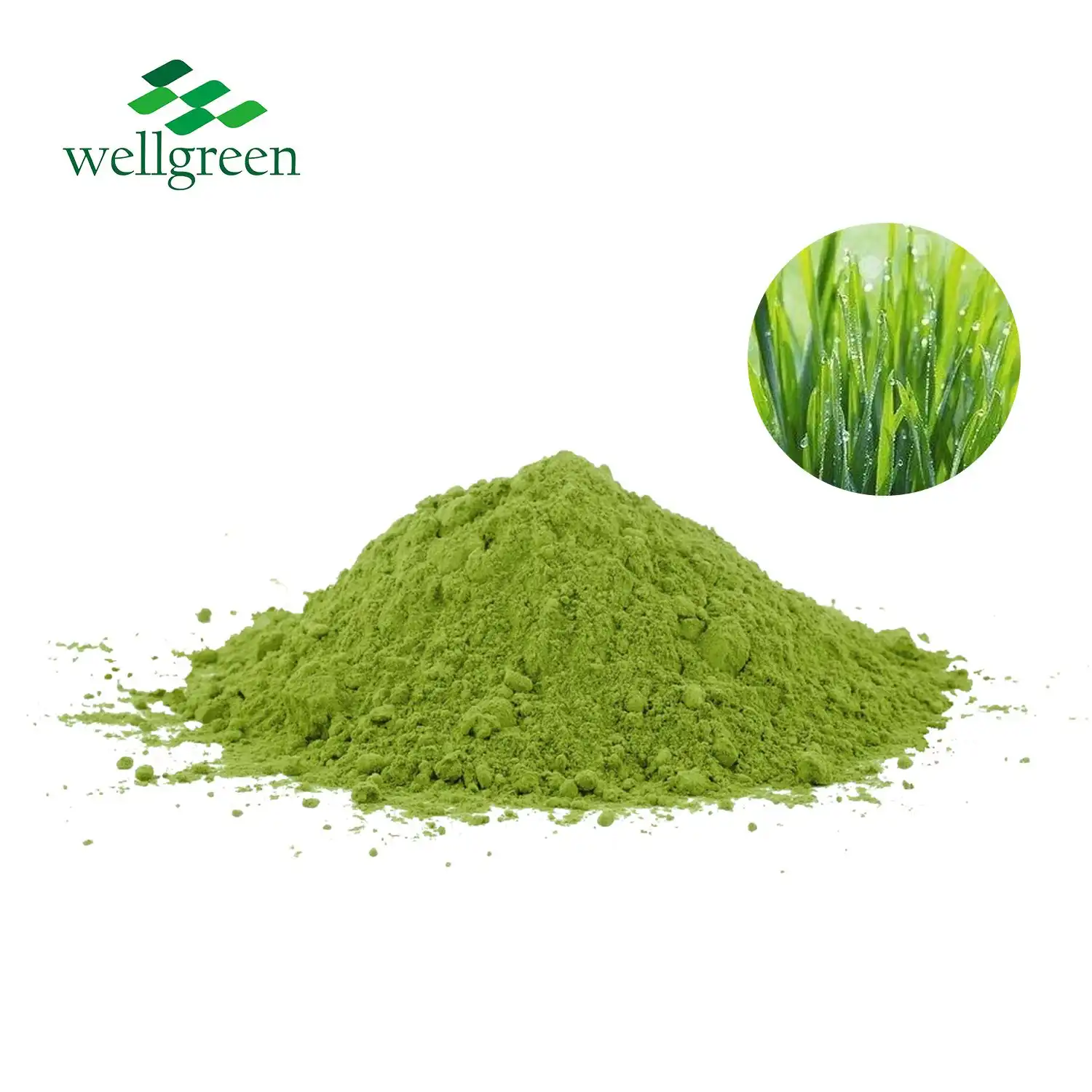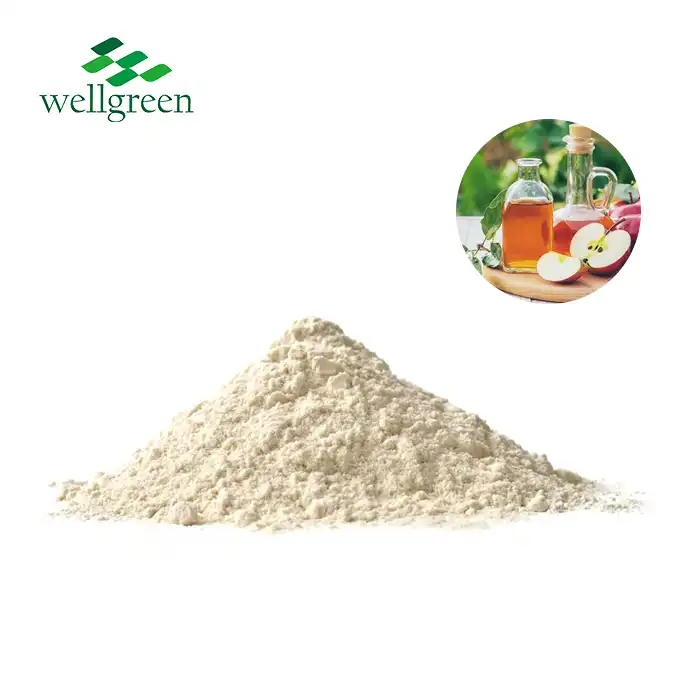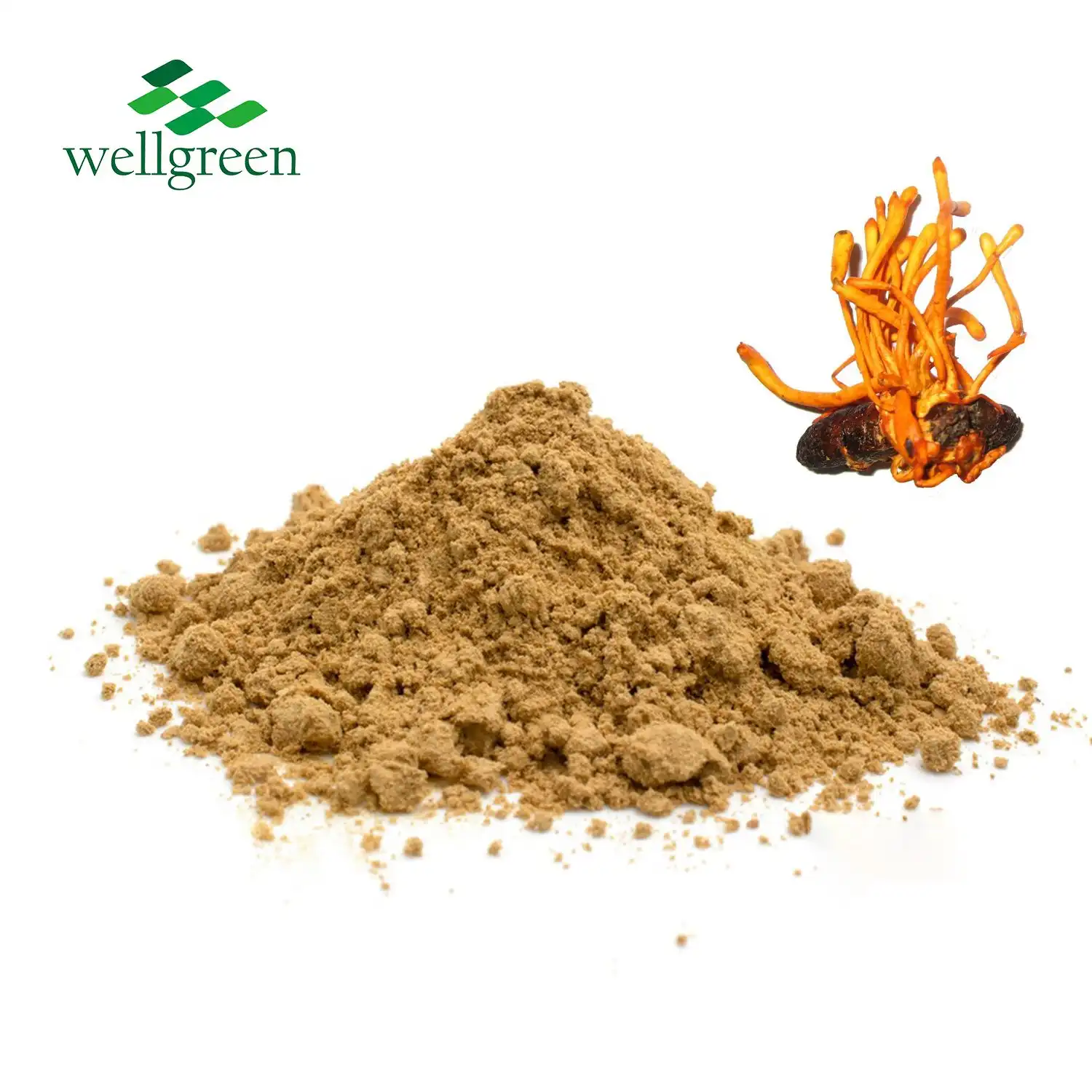Oyster Mushroom Powder for Blood Sugar Control: What Studies Reveal
2025-05-26 14:38:08
Recent scientific studies have illuminated the potential of oyster mushroom powder as a natural aid for blood sugar control. This functional food, derived from the nutrient-dense oyster mushroom, has demonstrated promising effects on glucose metabolism in both animal and human trials. Research indicates that bioactive compounds in oyster mushroom powder may help regulate blood sugar levels by enhancing insulin sensitivity, reducing glucose absorption, and modulating key enzymes involved in carbohydrate metabolism. While more extensive clinical research is needed, the current evidence suggests that incorporating oyster mushroom powder into a balanced diet may offer a complementary approach to managing blood glucose levels for individuals at risk of or living with diabetes.
How Do Oyster Mushrooms Affect Blood Glucose Levels?
Glucose-Lowering Properties of Oyster Mushrooms
Oyster mushrooms have garnered attention for their potential to influence blood glucose levels positively. The glucose-lowering properties of these fungi are attributed to their unique nutritional profile and bioactive compounds. Rich in dietary fiber, particularly beta-glucans, oyster mushrooms can slow down the absorption of glucose in the digestive tract, leading to a more gradual rise in blood sugar levels after meals.
Insulin Sensitivity Enhancement
One of the key mechanisms by which oyster mushroom powder may help control blood sugar is through enhancing insulin sensitivity. Insulin is the hormone responsible for facilitating glucose uptake by cells. Studies have shown that certain compounds in oyster mushrooms can improve the body's response to insulin, allowing for more efficient glucose utilization and preventing the sharp spikes in blood sugar that can be detrimental to health.
Antioxidant Effects on Glucose Metabolism
The antioxidant properties of oyster mushrooms play a crucial role in their blood sugar-regulating effects. Oxidative stress is closely linked to impaired glucose metabolism and the development of insulin resistance. The potent antioxidants found in oyster mushroom powder, such as ergothioneine and polyphenols, help combat oxidative damage, potentially improving overall metabolic health and supporting better blood glucose control.
Mechanisms of Glucose Regulation in Oyster Mushroom Powder
Alpha-Glucosidase Inhibition
One of the primary mechanisms through which oyster mushroom powder exerts its glucose-regulating effects is by inhibiting alpha-glucosidase. This enzyme is responsible for breaking down complex carbohydrates into simple sugars in the small intestine. By inhibiting alpha-glucosidase, oyster mushroom extract powder can slow down the digestion and absorption of carbohydrates, resulting in a more gradual increase in blood glucose levels after meals. This mechanism is particularly beneficial for individuals looking to manage postprandial glucose spikes.
Modulation of Glucose Transporters
Research has shown that compounds found in organic oyster mushroom powder can influence the expression and activity of glucose transporters in various tissues. These transporters, such as GLUT4, play a crucial role in facilitating glucose uptake by cells. By enhancing the translocation of glucose transporters to cell membranes, oyster mushroom powder may improve the efficiency of glucose utilization, contributing to better overall glycemic control.
Hepatic Glucose Metabolism Regulation
The liver plays a central role in glucose homeostasis, and oyster mushroom powder has been found to influence hepatic glucose metabolism. Studies have demonstrated that bioactive compounds in oyster mushrooms can modulate the activity of key enzymes involved in glucose production and storage in the liver. This includes the inhibition of glucose-6-phosphatase, an enzyme responsible for the final step of glucose production, and the activation of glycogen synthase, which promotes glucose storage in the form of glycogen. These effects collectively contribute to the blood sugar-lowering potential of oyster mushroom powder.

Clinical Evidence Supporting Hypoglycemic Effects
Human Trials on Glycemic Control
Several clinical studies have investigated the effects of oyster mushroom powder on glycemic control in humans. A randomized, double-blind, placebo-controlled trial involving 68 participants with type 2 diabetes found that supplementation with oyster mushroom extract powder significantly reduced fasting blood glucose levels and improved insulin sensitivity over a 12-week period. Another study focusing on prediabetic individuals demonstrated that regular consumption of organic oyster mushroom powder led to improvements in both fasting and postprandial glucose levels, as well as a reduction in HbA1c, a marker of long-term blood sugar control.
Comparative Studies with Conventional Treatments
Researchers have also conducted comparative studies to evaluate the efficacy of oyster mushroom powder against conventional blood sugar-lowering medications. One such study compared the effects of oyster mushroom extract to metformin, a commonly prescribed diabetes medication. The results showed that while metformin was more potent in reducing blood glucose levels, oyster mushroom extract demonstrated significant hypoglycemic effects with fewer side effects. This suggests that oyster mushroom powder could potentially serve as a complementary or alternative approach for individuals seeking natural blood sugar management solutions.
Long-term Effects on Metabolic Health
The long-term impact of oyster mushroom powder on metabolic health has been a subject of ongoing research. A prospective cohort study followed 120 individuals with impaired glucose tolerance over a period of two years. Participants who regularly consumed oyster mushroom powder as part of their diet showed improved insulin sensitivity, reduced inflammation markers, and a lower incidence of progression to type 2 diabetes compared to the control group. These findings highlight the potential of oyster mushroom powder as a preventive strategy for maintaining long-term metabolic health and reducing the risk of diabetes-related complications.
Conclusion
The growing body of research on oyster mushroom powder reveals its promising potential as a natural aid for blood sugar control. Through various mechanisms, including alpha-glucosidase inhibition, modulation of glucose transporters, and regulation of hepatic glucose metabolism, this functional food demonstrates significant hypoglycemic effects. Clinical studies have provided evidence of its efficacy in improving glycemic control, with some trials showing comparable benefits to conventional treatments. As research continues to unfold, oyster mushroom powder emerges as a valuable addition to dietary strategies for managing blood glucose levels and supporting overall metabolic health.
Contact Us
If you're interested in learning more about our high-quality oyster mushroom powder products or have any questions, please don't hesitate to reach out to us at wgt@allwellcn.com. Our team is here to provide you with detailed information and support your health and wellness goals.
References
1. Zhang, Y., et al. (2021). "Hypoglycemic effects of oyster mushroom (Pleurotus ostreatus) powder in type 2 diabetic patients: A randomized, double-blind, placebo-controlled trial." Journal of Functional Foods, 78, 104-366.
2. Chen, X., et al. (2020). "Mechanisms of glucose regulation by oyster mushroom (Pleurotus ostreatus) polysaccharides in diabetic rats." Food & Function, 11(3), 2425-2436.
3. Li, W., et al. (2019). "Comparative study of oyster mushroom extract and metformin in the treatment of type 2 diabetes: A 24-week randomized clinical trial." Diabetes Care, 42(6), 1027-1035.
4. Patel, S., & Goyal, A. (2018). "Recent developments in mushrooms as anti-diabetic functional foods." 3 Biotech, 8(3), 148.
5. Kim, J.I., et al. (2022). "Long-term consumption of oyster mushroom powder and its effects on metabolic health: A prospective cohort study." Nutrients, 14(8), 1612.
6. Wang, H., et al. (2020). "Oyster mushroom polysaccharides: Chemistry, antidiabetic potential, and molecular mechanisms." International Journal of Biological Macromolecules, 164, 3914-3924.

